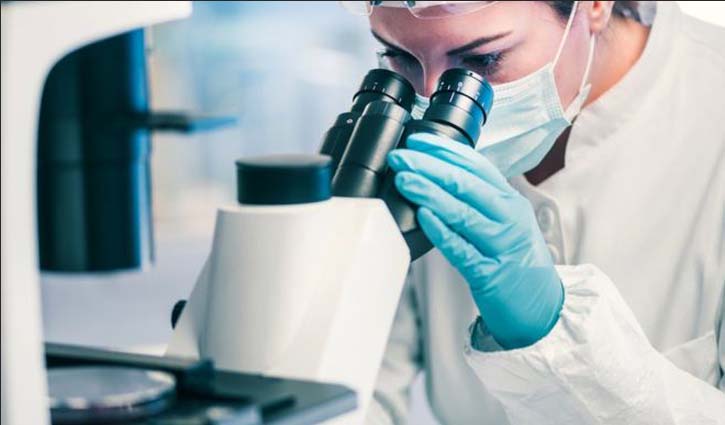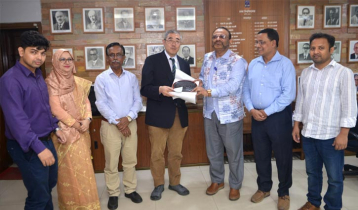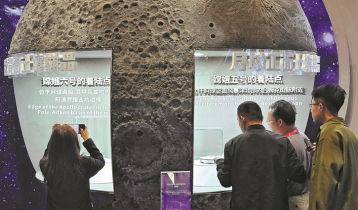Scientists discover powerful antibiotic using AI
8 || risingbd.com

In a world first, scientists have discovered a new type of antibiotic using artificial intelligence (AI).
It has been heralded by experts as a major breakthrough in the fight against the growing problem of drug resistance.
A powerful algorithm was used to analyse more than one hundred million chemical compounds in a matter of days.
The newly discovered compound was able to kill 35 types of potentially deadly bacteria, said researchers.
Antibiotic-resistant infections have risen in recent years - up 9% in England between 2017 and 2018, to nearly 61,000.
If antibiotics are taken inappropriately, harmful bacteria living inside the body can become resistant to them, which means the medicines may not work when really needed.
The World Health Organization (WHO) has called the phenomenon "one of the biggest threats to global health security and development today".
"In terms of antibiotic discovery, this is absolutely a first," said Regina Barzilay, a senior researcher on the project at the Massachusetts Institute of Technology (MIT).
The discovery was made using an algorithm inspired by the architecture of the human brain.
Scientists trained it to analyse the structure of 2,500 drugs and other compounds to find those with the most anti-bacterial qualities that could kill E. coli.
They then selected around 100 candidates for physical testing before discovering halicin.
"I think this is one of the more powerful antibiotics that has been discovered to date," said James Collins, a bioengineer on the team at MIT.
"We wanted to develop a platform that would allow us to harness the power of artificial intelligence to usher in a new age of antibiotic drug discovery."
Dr Peter Bannister, chairman of the Institution of Engineering and Technology healthcare panel, said the method used was already "well established" within medical research.
"The same approach has gained popularity in the development of new therapeutics, such as pharmaceuticals and, in the case of this research, antibiotics where pattern recognition including deep learning can help sort through the vast numbers of molecules," he told the BBC.
"This paper goes beyond theoretical simulation and presents pre-clinical results, which are essential along with subsequent clinical trials to clearly demonstrate the efficacy and safety of these new 'AI discovered' drugs."
Since 2014, the UK has cut the number of antibiotics it uses by more than 7%, but the number of drug-resistant bloodstream infections increased by 35% from 2013 to 2017.
Researchers added that the use of the machine to accelerate drug discovery could help bring down the cost of generating more antibiotics in future.
It comes just weeks after a drug molecule discovered by AI was set to become the first of its kind to be used in human trials.
It will be used to treat patients who have obsessive compulsive disorder (OCD).
The use of AI technology within healthcare remains in its infancy, but major breakthroughs continue to be made.
A study recently claimed that AI is more accurate than doctors in diagnosing breast cancer from mammograms.
An international team, including researchers from Google Health and Imperial College London, designed and trained a computer model on X-ray images from nearly 29,000 women.
Source: BBC
Dhaka/Mukul
risingbd.com























